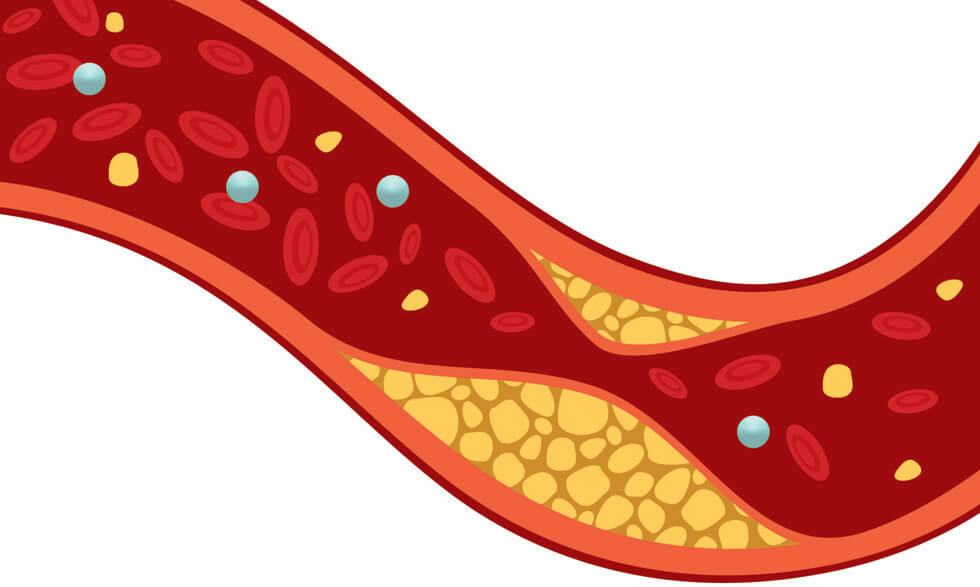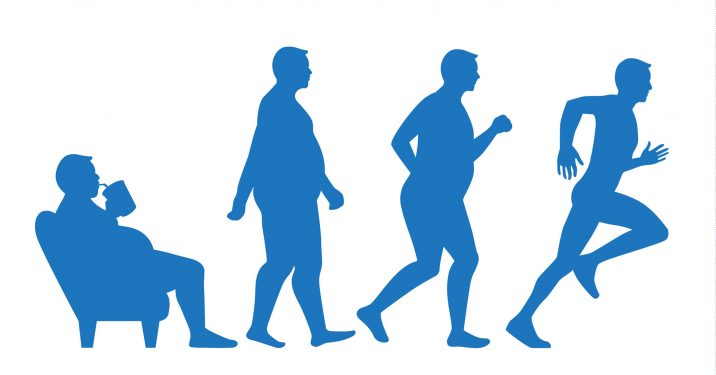Little Aches and Pains
Whether it’s an old injury that keeps flaring up or the start of arthritis, you’re more likely to feel a few aches more often as you age. Regular movement can ease pain and make your joints more flexible. Try low-impact exercises like swimming, yoga, and tai-chi. Heating pads or ice packs can help, too. If those don’t give you enough relief, talk to your doctor about over-the-counter or prescription medicines, like nonsteroidal anti-inflammatory drugs (NSAIDs).
Wrinkles
These show up as your skin gets thinner, drier, and less elastic states a health coach from Gold River CA. But some things can make them worse, like smoking and ultraviolet rays from the sun or a tanning bed. To ease these signs of aging, protect your skin from the sun, and if you smoke, quit. Some skin products, like moisturizers or prescription retinoids, might make wrinkles less noticeable. But you’ll need to give them time to work – most need 6 weeks to 3 months to show results. A dermatologist can help you know what would work best for you.
An Entire Health Food Store in a Bottle!
Dry Skin
Sun protection and quitting smoking will help this problem, too. So, will watching how much alcohol you drink – it can dehydrate you. It’s a good idea to keep showers or baths to less than 10 minutes and to use warm water instead of hot. Then put a heavy, oil-based moisturizer all over your body right away.
Loss of Muscle
Many people lose strength and endurance as they get older, but the reason isn’t really about the aging process. Many people just stop working key muscles. The phrase “use it or lose it” applies here, so see if you can start weight training to build up your strength. Regular exercise, like walking, gardening, or swimming, can help, too. Aim for at least 30 minutes a day – you can split it into two 15-minute sessions if that works better for you.
Cell Ready Whole Foods You Feel Within Minutes!
Sleep Changes
Your need for shut-eye doesn’t change as you age, but your ability to get it can. Older people tend to have a harder time falling asleep, have shorter stretches of deep sleep, and wake up more often in the middle of the night. Coffee and alcohol can cause those issues, so cutting back on those can help. And it’s important to keep health conditions that can affect your sleep, like high blood pressure or GERD, under control. Talk with your doctor if you often have trouble sleeping.
Memory Glitches
They might feel alarming, but they’re part of the normal aging process. Your brain changes as you get older, which can affect how well you remember things. You may need to lean on a few tricks, like keeping lists, following a routine, and putting items in a set place. But some habits also help you keep your memory sharp. For example, being around friends and family often has been shown to boost your brain power. Regular exercise and eating healthy foods are key, too.
An All-In-One Nutritional Product That Saves You Money!
Weight Gain
As you get older, you don’t burn calories like you used to. But you can counter that slower metabolism by being more active and watching what and how much you eat. Make fruits, vegetables, and leaner protein key parts of your diet. Also, limit sugar and foods that are high in saturated fat. And keep an eye on portion sizes.
Changes in Your Sex Life
Erectile dysfunction, vaginal dryness, and other conditions that become more likely with age can make sex a challenge. Talk with your partner about how you’re feeling and if you want to try different ways to be intimate. Over-the-counter products like vaginal lubricants can help some issues. You can also ask your doctor if there are medications you should try. But keeping yourself healthy overall will help, too. Exercise boosts blood flow and sex hormones, and it helps you feel good about yourself.
A Secret Weapon For Weight-Loss and Management!
Peeing More Often
Your bladder and pelvic muscles get weaker with age. Other health problems, like an enlarged prostate, can make the issue worse. Strengthen the area with Kegel exercises – squeeze your muscles as if you’re trying to hold in urine – 10 to 15 times, three times a day. Your diet makes a difference, too. Get plenty of fiber, and limit sugary, carbonated drinks and caffeine. If you’re having trouble with holding urine, leaking, a sudden, urgent need to pee, or pain when you go, see your doctor.
Being in a Rut
It’s easy to get bored if you fall into a predictable routine, especially if it doesn’t change much for years. To shake things up and keep your mind engaged, try breaking out of your daily schedule. Take some time to do something you like or learn a new skill. If you’re retired, you might think about getting a part-time job or some temporary work. It can boost your mental health and your
bottom line at the same time.
The Ultimate Anti-Aging and Pain Relief Program!
Feeling Lonely
Whether your kids move out or you retire from your job, you may spend more time around fewer people as you age. To avoid feeling isolated, make it part of your daily routine to talk with friends, family, and neighbors. Volunteer for a charity or a faith-based group. Simply writing a letter can give your social life a boost. A pet can be good for companionship, too – a daily dog walk is good exercise and a chance to meet people.
Stay on Top of Your Health
Most older adults have at least one health problem, like heart disease or diabetes. If you do, it’s important to go for regular checkups, keep your prescriptions filled, and follow all your doctor’s instructions. Checkups are key even if you don’t have a health condition so you can spot any issues early and get tips for staying healthy.
Lots of Know-How
They’re called the golden years for a reason. Getting older has its perks. For one, you’re good at using what you’ve learned. This is called crystalized intelligence, and it keeps getting better, even when you’re 65 or 70.



